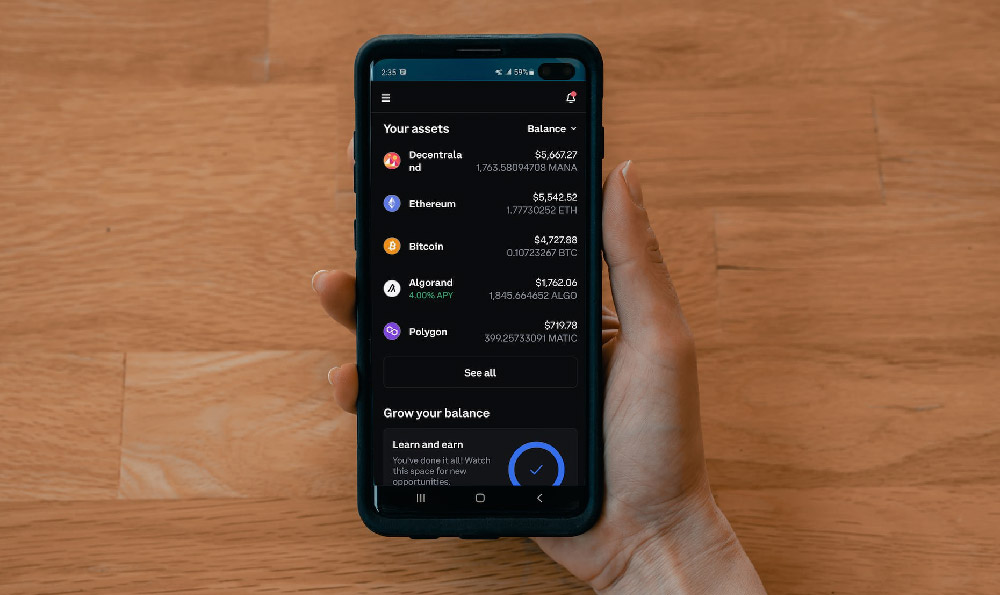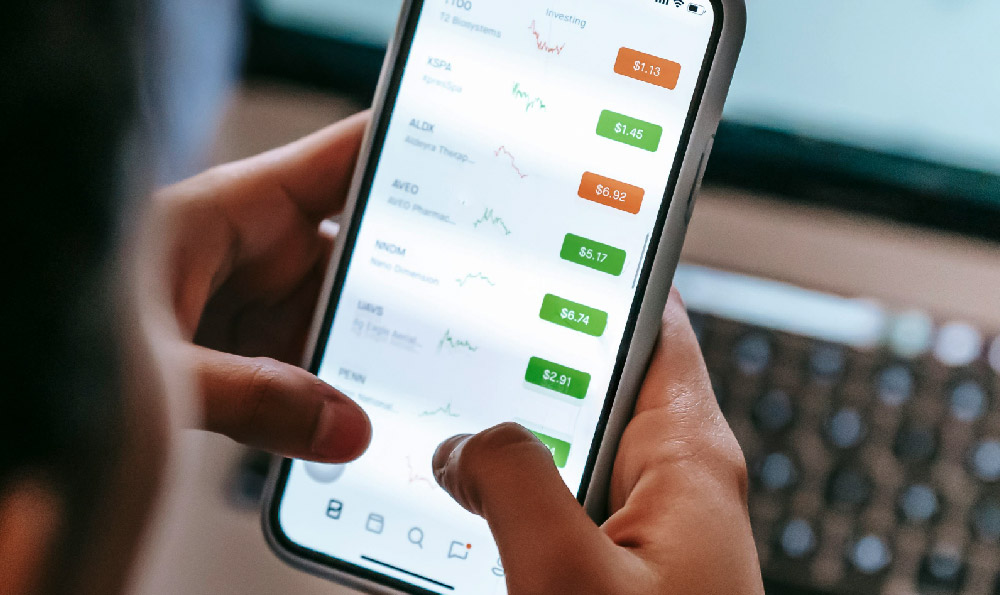How to Work from Home and Make Money Online: 7 Proven Tips for Income Strategies
Working from home and generating income online has become more than a fleeting trend—it's a shift in how we conceptualize work, opportunity, and financial independence. With the rise of digital platforms, remote collaboration tools, and the internet's omnipresence, individuals now have unprecedented access to income streams that transcend geographical boundaries. However, the allure of convenience and flexibility often masks the necessity of thoughtful planning, skill development, and risk management. To navigate this landscape effectively, one must adopt a multifaceted approach that aligns personal strengths with market demand, leverages technology as a tool rather than a crutch, and remains disciplined in the face of uncertainty. The following strategies, rooted in practical experience and financial logic, offer a roadmap for those seeking to monetize their time and expertise from anywhere in the world.
The first and most critical step lies in identifying one's core competencies. Whether it's writing, design, programming, or even niche skills like virtual assistance or translation, understanding where your value proposition lies is the foundation of any income strategy. Begin by cataloging your existing skills and interests, then explore marketplaces where these can be commodified. For instance, a graphic designer might find platforms like Fiverr or Upwork offering consistent projects, while a content creator could generate revenue through YouTube or TikTok. This process requires introspection to determine what you can offer consistently, and it often involves adapting your skills to match the evolving needs of the digital economy. For example, the demand for marketing expertise has surged as businesses increasingly rely on online presence, making digital marketing a viable avenue for those with a knack for strategy and creativity.
Investing in oneself becomes another vital pillar of a sustainable remote income model. This does not merely refer to financial investments in stocks or assets but also to the allocation of time, energy, and resources toward skill development. Online courses, certifications, and workshops can enhance your marketability, allowing you to command higher rates for your services. A critical aspect of this strategy is continuous learning. The digital world moves at a rapid pace, and stagnation can swiftly render expertise obsolete. For instance, the field of web development requires constant updates to stay competitive, while digital marketing thrives on understanding the latest algorithms and trends. This investment should be purposeful, targeting areas that align with both your passions and market opportunities, creating a symbiotic relationship between personal growth and external earnings.

Diversification is a key principle in managing financial risks, and this applies equally to remote income strategies. Relying on a single source of income, such as a single freelance project or a single online platform, can expose you to market volatility and uncertainty. Instead, cultivating a portfolio of income streams—be it a mix of freelancing, affiliate marketing, online sales, or passive income—can provide stability. For example, a remote worker might combine a steady income from a freelance job with a side hustle in stock trading, creating a balance that mitigates the risks associated with any one endeavor. This approach requires careful planning and potentially a strategic allocation of time to maintain multiple ventures simultaneously.
The power of leveraging online communities and networks cannot be overstated. Building relationships with other professionals, customers, or collaborators can open doors to opportunities and foster mutual growth. Platforms like LinkedIn, Reddit, or industry-specific forums serve as invaluable resources for finding clients, partners, or even mentors. Moreover, networking can lead to referrals and commissions, contributing to long-term income sustainability. For example, a digital marketer with a strong network might gain access to exclusive brand collaborations, while a content creator could secure sponsorships through strategic engagement with their audience. This strategy emphasizes the importance of creating and nurturing valuable connections, as relationships often form the backbone of successful remote ventures.
Time management and the cultivation of discipline are essential components of any remote income strategy. Success in this arena is not solely dependent on having the right skills or opportunities but also on the ability to maintain consistency and focus. Establishing a routine, setting clear goals, and prioritizing tasks can help you navigate the challenges of working from home. For instance, setting specific work hours, using productivity apps, and maintaining a dedicated workspace can enhance efficiency and reduce burnout. Discipline also extends to financial habits, such as budgeting, tracking expenses, and reinvesting earnings to foster long-term growth.
The final step is embracing the right mindset—curious, resilient, and adaptable. The digital economy is inherently unpredictable, with trends shifting rapidly and new opportunities emerging constantly. Remaining open to change and continuous improvement is crucial. Whether it's pivoting to a new niche, adopting new technologies, or refining your approach based on feedback, flexibility is a key differentiator. Moreover, resilience is vital in overcoming setbacks, such as declining project rates or market downturns. Success in this domain often requires persistence, patience, and a long-term perspective, as the rewards of remote income strategies may not materialize immediately.
In conclusion, working from home and earning money online is not a one-size-fits-all solution. It demands a deliberate strategy that integrates self-assessment, skill development, diversification, networking, time management, discipline, and adaptability. Whether you're seeking a passive income, a side hustle, or a full transition into remote work, the key is to approach it as a long-term investment rather than a quick fix. By aligning your efforts with market demands and cultivating the right mindset, you can create a robust and sustainable income stream that thrives in the digital age.















